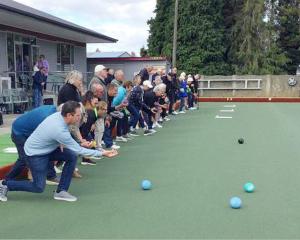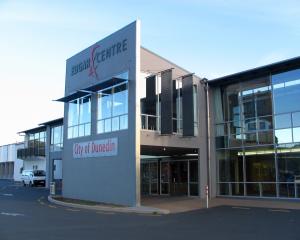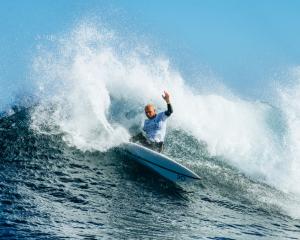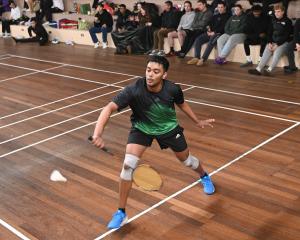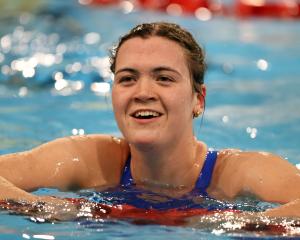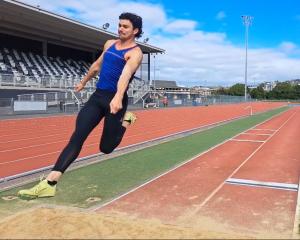Dozens of top-flight Australian Rules footballers were issued two-year bans for doping today, rocking the country's richest sporting competition.
The Court of Arbitration for Sport (CAS) upheld a WADA appeal against a decision to clear 34 past and former players of the Melbourne-based Essendon Bombers of taking banned supplements during the Australian Football League's 2012 championship season.
"The 34 players concerned are sanctioned with a period of ineligibility of two years, commencing on 31 March 2015, with credit given for any individual period of ineligibility already served," CAS said.
"Thus, most of the suspensions will come to an end in November 2016."
The decision, two months before the start of the season, stunned the AFL community and paves the way for legal action by the players against Essendon, one of the AFL's oldest and most successful clubs.
Essendon were fined heavily and kicked out of the 2013 playoffs after a long and tortuous joint investigation by the AFL and Australia's doping watchdog uncovered a systematic and highly dubious programme of supplement injections.
But in March 2015, the AFL's anti-doping tribunal ruled the players had no case to answer, finding them not guilty of taking Thymosin beta-4, a banned supplement believed to aid in tissue repair and regeneration.
The Australian Sports Anti-Doping Authority (ASADA) decided not to appeal the decision and handed the case over to WADA, a move that generated heated criticism from former players and pundits who accused the national body of trying to prolong a witch-hunt.
"This unfortunate episode has chronicled the most devastating self-inflicted injury by a sporting club in Australian history," ASADA boss Ben McDevitt said.
"The players had received anti-doping education through the AFL and ASADA, and were well aware that they are personally responsible for all substances that entered their body.
"Unfortunately, despite their education, they agreed to be injected with a number of substances they had little knowledge of, made no enquiries about the substance and kept the injections from their team doctor and ASADA."
The decision leaves Essendon struggling to field a competitive side in the 18-team competition, with 12 of the banned players still at the club.
Another five of the banned are active at four other AFL clubs.
The ASADA probe, launched in early 2013, also found wrongdoing in Australia's top-flight rugby league competition.
Last August, 12 Cronulla Sharks players accepted one-year bans from ASADA, for taking banned supplements. Their bans were controversially backdated to November 2013, ensuring that most of them would only miss a handful of regular season games.


